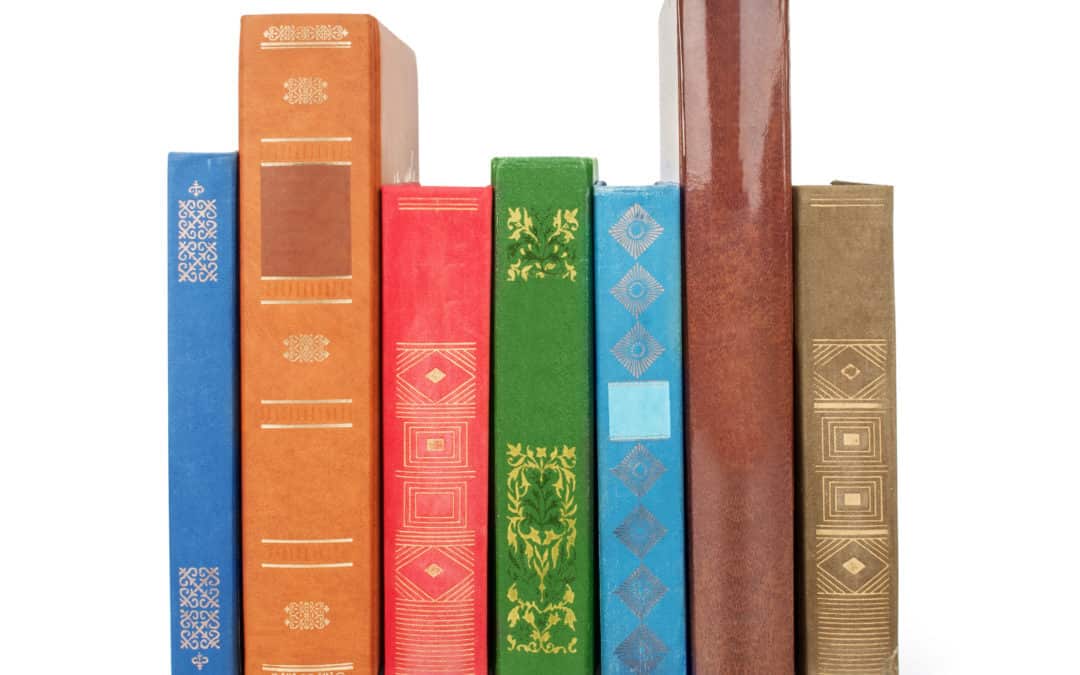What’s so Great About Classics?
English classes are notorious for insisting that students read fifty-year-old (or older) novels and short stories that are difficult to understand and seem way behind the times. Fortunately, many English teachers are requiring more modern reads but there seems to always be at least one classic required reading. Many students ask, what difference does it make?
The truth is that there are many benefits to reading classics. First of all, reading classics is one of the best ways to gain an understanding of history and culture. The state of human thought and the world as a whole can be better understood when we study works written during that time period. Reading classics is an opportunity for discovery.
Second, because of the different ways in which people spoke, reading classic fiction improves critical thinking skills. It also improves communication skills, even in today’s language style.
Of course, we can’t neglect to mention the reason why classics are classics. More often than not, classic works contain important lessons and morals that withstood the test of time. As we read these stories, it becomes very easy to recognize that the majority of life’s problems follow similar patterns and can be overcome. While we don’t have the exact same problems, there are many similarities in what individuals deal with now and what they dealt with back in the day.
Finally, those who make an effort to read classics generally tend to be better people. Not only are they able to learn important lessons, their also learning to challenge themselves by reading more difficult books. This leads to increased self-confidence, as well as a powerful sense of accomplishment. They also seem to be better at empathizing with people, and have a greater love of learning.
In short, making the effort to read classics is so worth it. But where does one start? Of course, required reading for English classes tends to be where most people begin their classic exploration, but if you want to do some reading on your own we have included a list below. Keep in mind that the more you read classics the easier it will become. Like anything else, it just takes some practice. Happy reading!
Where to begin with Classics:
- Peter Pan by JM Barrie
- Alice in Wonderland by Lewis Carroll (Really any children’s classic is great)
- The Secret Garden by Francis Hodgson Burnett
- The Old Man and the Sea by Ernest Hemingway
- Animal Farm by George Orwell
- The Scarlet Pimpernel by Emmuska Orczy
- Pride and Prejudice by Jane Austen
- A Christmas Carol by Charles Dickens
- Hamlet by William Shakespeare
- The Hobbit by JRR Tolkien
- Frankenstein by Mary Shelley
- The Great Gatsby by F. Scott Fitzgerald
- The Crucible by Arthur Miller
- In Cold Blood by Truman Capote
- The Rime of the Ancient Mariner by Samuel Taylor Coleridge (This is a poem)

